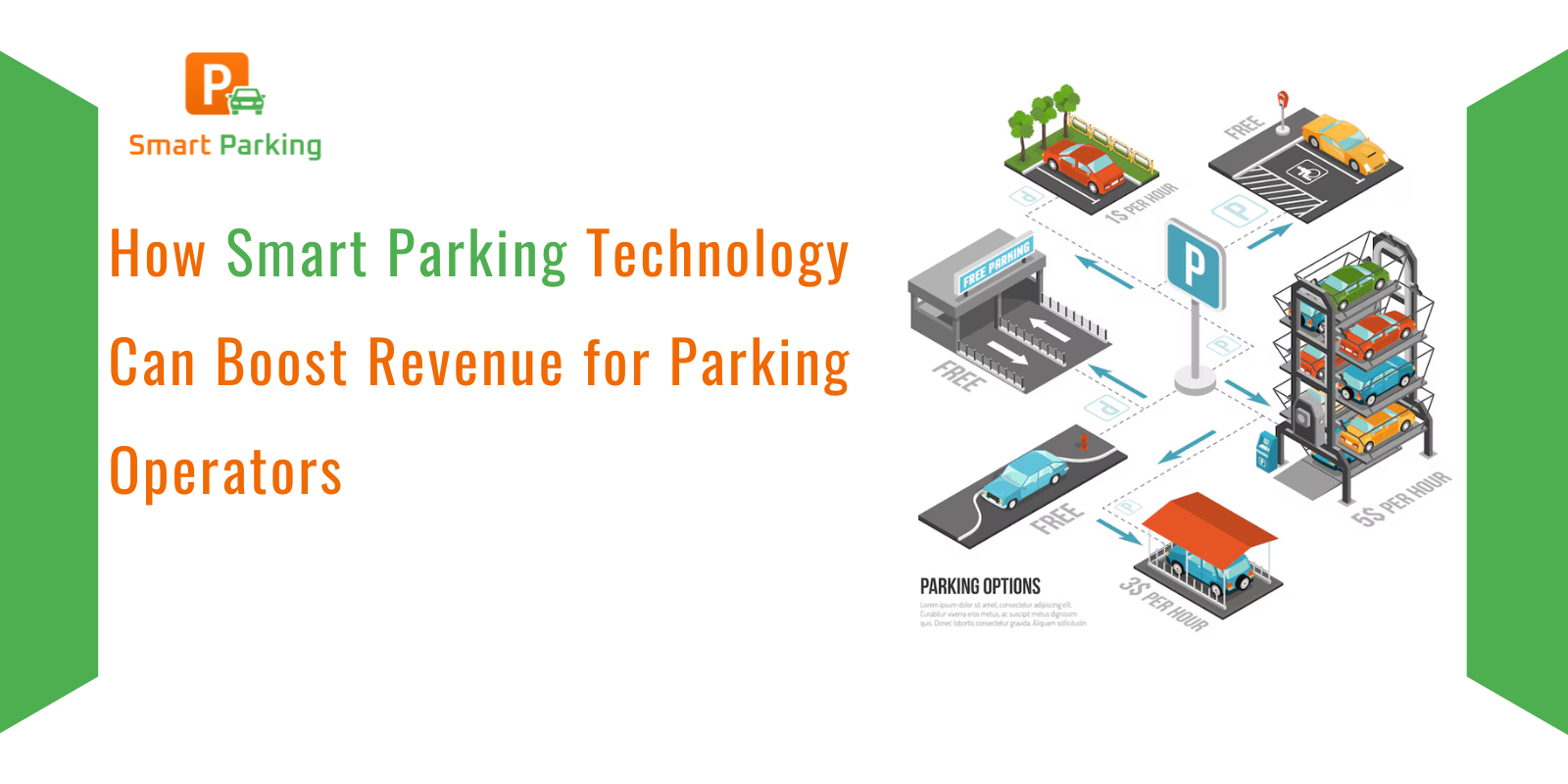In today’s digital-first world, the parking industry is undergoing a significant transformation. With increasing urbanization and demand for convenient mobility solutions, parking operators face pressure to not only manage space efficiently but also increase profitability. Enter smart parking technology—an innovative solution that’s not just reshaping the parking experience for drivers, but also delivering measurable revenue growth for operators. At jiSECURE, we specialize in helping businesses leverage smart parking systems to maximize revenue and streamline operations.
What Is Smart Parking Technology?
Smart parking systems use a combination of IoT-enabled sensors, cloud-based software, mobile applications, and real-time data analytics to manage parking spaces more efficiently. These systems automate traditional tasks like space monitoring, payment processing, and traffic flow management, replacing guesswork with data-driven precision.
But beyond convenience and efficiency, smart parking is proving to be a game-changer for revenue optimization. Let’s explore how.
1. Real-Time Occupancy Management Increases Space Utilization
One of the most direct ways smart parking technology increases revenue is through enhanced space utilization. Traditional lots often suffer from inefficiencies—drivers overlook available spaces, or lots operate without insight into usage patterns.
With real-time occupancy monitoring, operators can:
- Accurately track which spaces are in use
- Identify peak hours and underutilized areas
- Adjust space allocation dynamically
By ensuring that every space is used to its maximum potential, operators can handle more vehicles per day, increasing turnover and revenue without expanding physical infrastructure.
2. Dynamic Pricing Maximizes Profit During High Demand
Dynamic pricing is a powerful tool enabled by smart parking systems. By analyzing historical data and current demand, operators can adjust parking rates in real-time. For example:
- Raise prices during peak hours, weekends, or special events
- Offer discounted rates during off-peak times to attract drivers
- Set premium pricing for high-demand locations
This flexible pricing model encourages smarter consumer behavior while optimizing revenue based on actual demand—something traditional fixed-rate systems can’t offer.
3. Automated Payments Reduce Revenue Leakage
Cash-based and manual ticketing systems are prone to errors, fraud, and revenue loss. Smart parking technology eliminates these issues by integrating secure, automated payment systems such as:
- Mobile app payments
- Contactless credit card terminals
- License plate recognition (LPR) linked to digital billing
This reduces human error and ensures all revenue is properly recorded. Additionally, digital payment records provide operators with full transparency and actionable insights into transaction patterns.
4. Improved Customer Experience Increases Return Visits
Smart parking systems create a more convenient and reliable experience for drivers. Features like:
- Real-time space availability
- Mobile navigation to open spots
- Seamless entry and exit with no waiting
All contribute to greater customer satisfaction. Happy customers are more likely to return, leading to higher long-term revenue through increased customer loyalty and word-of-mouth promotion.
5. Reduced Operational Costs Boost Net Revenue
While the focus is often on increasing income, cutting costs is equally important. Smart parking systems help operators save by:
- Reducing the need for onsite staff
- Lowering maintenance costs with predictive diagnostics
- Automating manual tasks like reporting and enforcement
By lowering these overhead costs, operators improve their profit margins significantly—even without raising prices.
6. Data-Driven Decisions for Long-Term Growth
Perhaps the most powerful benefit of smart parking technology is the access to real-time, actionable data. Operators can analyze:
- Peak usage trends
- Customer behavior
- Revenue performance by time and location
With this data, parking managers can make informed decisions about expansion, pricing strategies, promotions, and staffing—leading to smarter growth and sustained revenue increases.
Final Thoughts
Smart parking technology is not just a convenience—it's a strategic business tool for parking operators looking to increase revenue, reduce costs, and future-proof their operations. By investing in intelligent parking systems, operators unlock new opportunities for profitability in an increasingly competitive and digital urban landscape.














Share this post on: